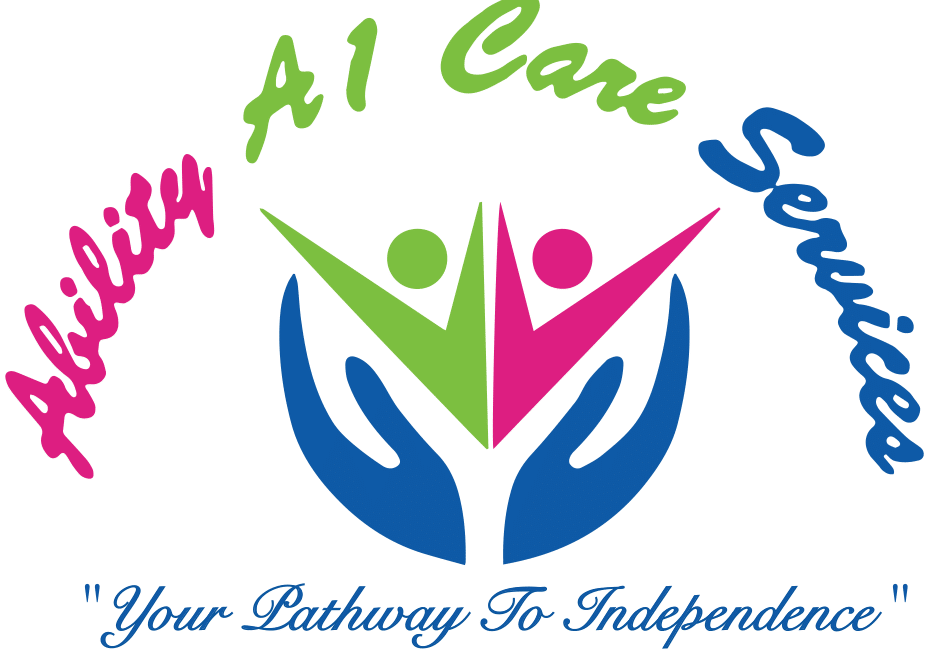
Psychoeducation and Psychosocial Recovery Coaching
Psychoeducation and Psychosocial Recovery Coaching services aim to enhance understanding, promote self-awareness, reduce stigma, and empower individuals to make informed decisions about their mental health and well-being. These integrated services provide education about mental health conditions, psychological factors, and treatment options, while also offering personalized support, guidance, and advocacy for individuals on their recovery journeys.
-
Information about Mental Health:
Psychoeducation provides knowledge and information about various mental health conditions, their symptoms, causes, and prevalence. This knowledge helps dispel myths and misconceptions, emphasizing that mental health challenges are common, treatable, and not indicative of personal weakness or character flaws.
-
Treatment Options:
Understanding treatment options is another crucial component. Individuals receive detailed information on different approaches, including therapy, medication, lifestyle changes, and self-help strategies. This education empowers them to make informed choices in collaboration with healthcare professionals, ensuring they select the most appropriate treatment for their needs.
-
Coping Strategies:
Coping strategies are essential for managing symptoms and improving well-being. This service teaches practical techniques such as relaxation methods, stress management skills, problem-solving strategies, and effective communication methods. Emphasizing self-care practices, healthy lifestyle habits, and building resilience, individuals are equipped with tools to navigate daily challenges and enhance their quality of life.
-
Self-Management:
Self-management is encouraged through active participation in one's mental health care. Individuals learn to monitor their symptoms, recognize early warning signs of relapse, and seek timely support. Developing personalized self-management plans fosters a proactive approach to mental well-being, allowing individuals to take control of their recovery.
-
Support Systems:
Support systems play a vital role in mental health recovery. This service educates individuals and their support networks about the importance of social support, helping them develop and maintain relationships that foster understanding, empathy, and practical assistance. Involving family members, friends, and other support systems in the recovery process creates a supportive environment conducive to long-term recovery.
-
Stigma Reduction:
Reducing stigma is a critical goal of this combined service. By providing accurate information, challenging misconceptions, and promoting open dialogue, it helps create a more inclusive society that understands and accepts individuals with mental health challenges. This shift in perception is vital for building a supportive community and encouraging individuals to seek help without fear of judgment.
-
Goal Setting and Planning:
Goal setting and planning are integral to psychosocial recovery coaching. Recovery coaches work closely with individuals to identify their recovery goals and aspirations, developing personalized plans that outline specific objectives and strategies. This collaborative approach ensures that individuals are actively involved in their recovery journey, enhancing their motivation and commitment to achieving their goals.
-
Social Connection and Peer Support:
Social connection and peer support are emphasized to foster a sense of belonging and community. Recovery coaches assist individuals in accessing support groups, peer-led initiatives, and community programs. These connections provide opportunities for shared experiences and the development of supportive networks, which are invaluable for maintaining progress and preventing isolation.
-
Crisis Management and Relapse Prevention:
In times of crisis or relapse, immediate support and assistance are available. Recovery coaches help individuals develop crisis management plans, identify early warning signs, and create relapse prevention strategies. This proactive approach enhances resilience, minimizes the impact of setbacks, and promotes a successful recovery journey.

By integrating psychoeducation with psychosocial recovery coaching, individuals receive a comprehensive, holistic approach to mental health care. This service empowers them with knowledge, skills, and resources to effectively manage their mental health, make informed decisions, and actively participate in their well-being. Through education, support, and skill-building, individuals are better equipped to navigate their
